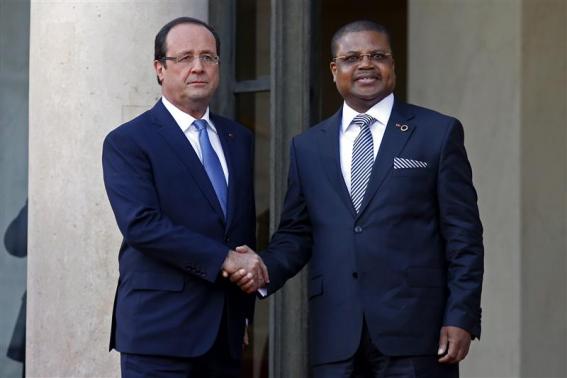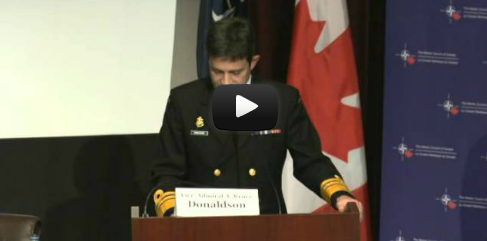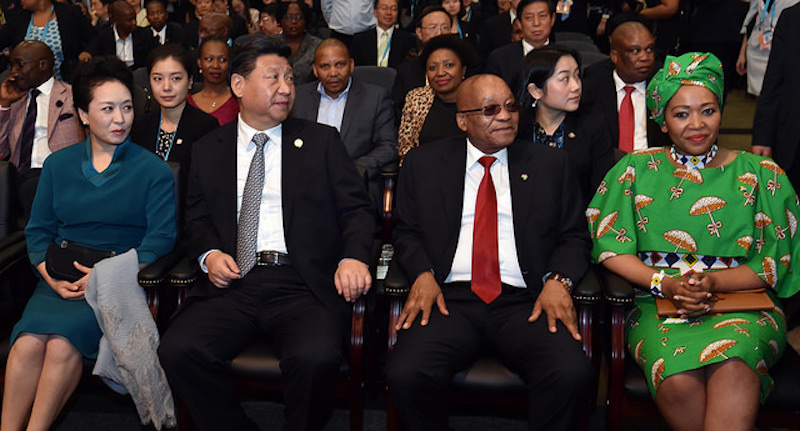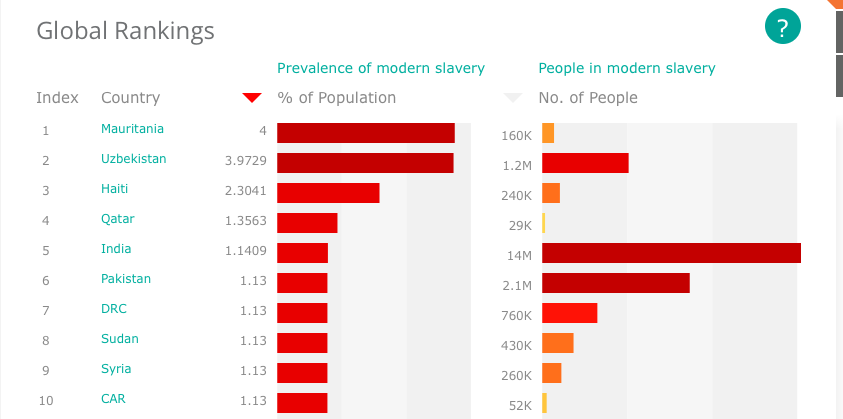On December 6, 2013, France launched a military intervention to protect civilians and halt state collapse in the Central African Republic (CAR), a “state on the edge of genocide” in the words of French Foreign Minister Laurent Fabius. Armed with UN Security Council authorization and the permission of the CAR’s President Michel Djotodia, French troops secured the capital Bangui, where 3 days of ethnic killing had left at least 300 people dead. French forces are expanding their reach into the countryside to halt violence between clashing Muslim and Christian armed groups and forcibly disarm militiamen. As French President Francois Hollande emphasized, the intervention was a timely and necessary step to “avoid carnage.” However, it raises important questions about the future of African security governance and the need to improve preventive response to mass atrocities and state collapse.
The latest crisis in the CAR, along with France’s intervention in Mali in January 2013, proves that France is the only great power with the will and capability to respond effectively to state collapse in Africa. Still conscious of the disastrous intervention in Somalia in 1992-93, the US has restricted its efforts to financial aid and strategic airlift. American “boots on the ground” will not be forthcoming. Meanwhile, Russia and China have shown relative disinterest in the CAR because their national interests are not at stake.
Moreover, the two crises demonstrate that African states and regional organizations are incapable of providing their own security. In both cases, the Security Council tried to rely on an African-led peacekeeping force, but France was forced to intervene when this force was slow to deploy or unable to contain conflict. The result, as South African scholar Alfredo Tjiurimo Hengari wrote, is that France “remains the most effective gendarme and fire-fighter in…African conflicts.”
Capitalizing on this, Hollande is seeking to create a new security partnership for Africa. On December 6-7, he hosted 53 delegations from African states for the Elysee Summit for Peace and Security in Africa, an attempt to integrate France’s bilateral relationships with support from global and regional institutions, including the UN, the International Monetary Fund, African Union, and the EU. While it is easy to attribute this program to neocolonial tendencies, Hollande has in fact overseen a transformation of France’s approach to Africa that emphasizes mutual respect and shared interests. After all, the financially-strapped French government does not want to be drawn into prolonged African conflicts, and thus has a strong stake in prevention.
First, the recent crisis in the CAR demonstrates the limited utility of invoking “genocide” and the superiority of the newer Responsibility to Protect (R2P) framework. Echoing Fabius, UN officials have warned that the ethnic violence in the CAR was creating a risk of genocide. However, according to the 1948 Genocide Convention, mass killing does not constitute genocide without the “intent to destroy” an ethnic and religious group, and it is unlikely that militia leaders in the CAR possess this genocidal intent. Still, regardless of whether or not the militia leaders in the CAR intend to eliminate rival ethno-religious groups or not, the actions of their militiamen constitute mass atrocities against defenseless civilians that should not go unchecked. Thus, the R2P international norm adopted by the UN in 2005 provides a superior framework to respond to crises like the CAR, as it does not focus on the intent of the perpetrators of mass atrocities but instead on the needs of suffering victims.
Second, the crisis reveals the need to emphasize prevention of state collapse and mass atrocities rather than responding to them after they have already happened. Hollande correctly noted that France had “no time to procrastinate” when it intervened. However, it was the international community’s failure to act effectively prior to December 2013 allowed total state collapse in the CAR. Indeed, by Hollande’s own admission France intervention was a last resort. Investing in prevention, whether through diplomacy, development projects, humanitarian assistance, or even preventive peacekeeping deployments, would both save lives and lessen the need for costly military intervention.
Third, France’s interventions reveal the continued centrality of security in African international affairs. The media has devoted much attention to the economic rise of Africa, and in particular to China’s growing economic presence in Africa. Some states, including Canada, have switched their focus on Africa from security and development to trade. However, security threats remain a pressing concern for African states, especially thanks to the presence of Islamist militants and transnational organized crime in the lawless Sahel region. As the Elysee Summit highlighted, in a security crisis African states look not to economic powerhouse Beijing but to Paris for leadership. Moreover, by pursuing enlightened leadership on security issues, France stands to reap the reward of improved relations with African states and win economic benefits. This is a lesson Canada could stand to learn.




